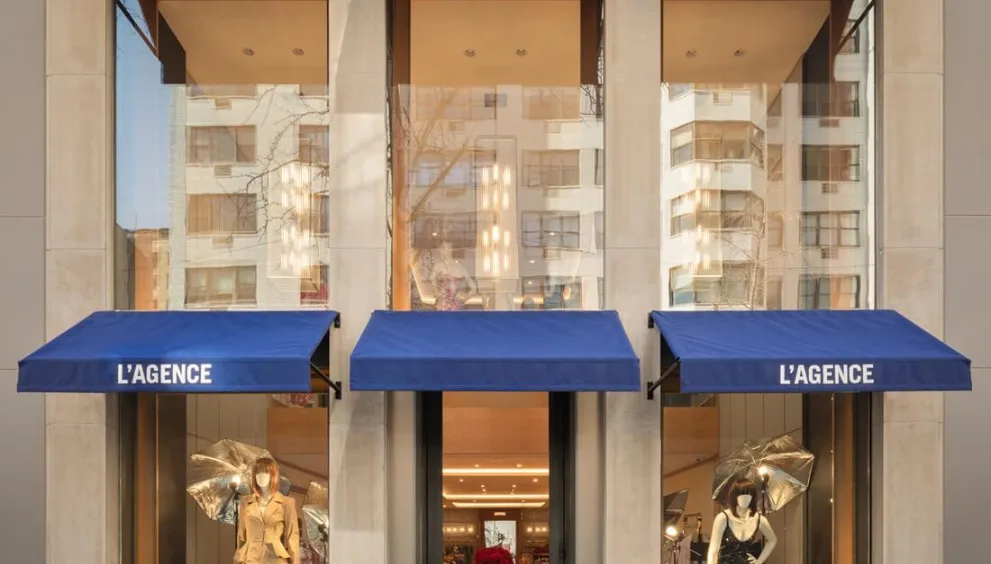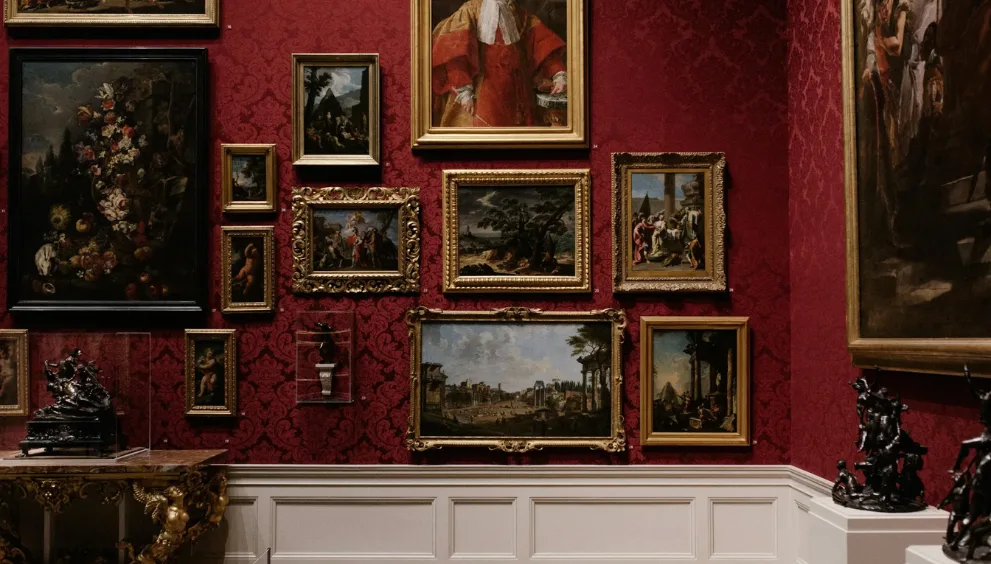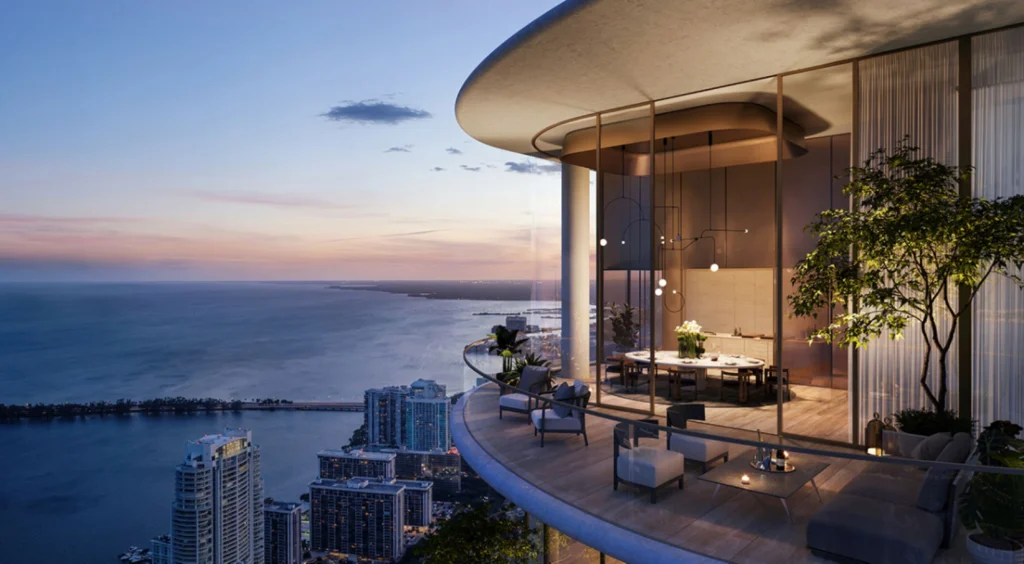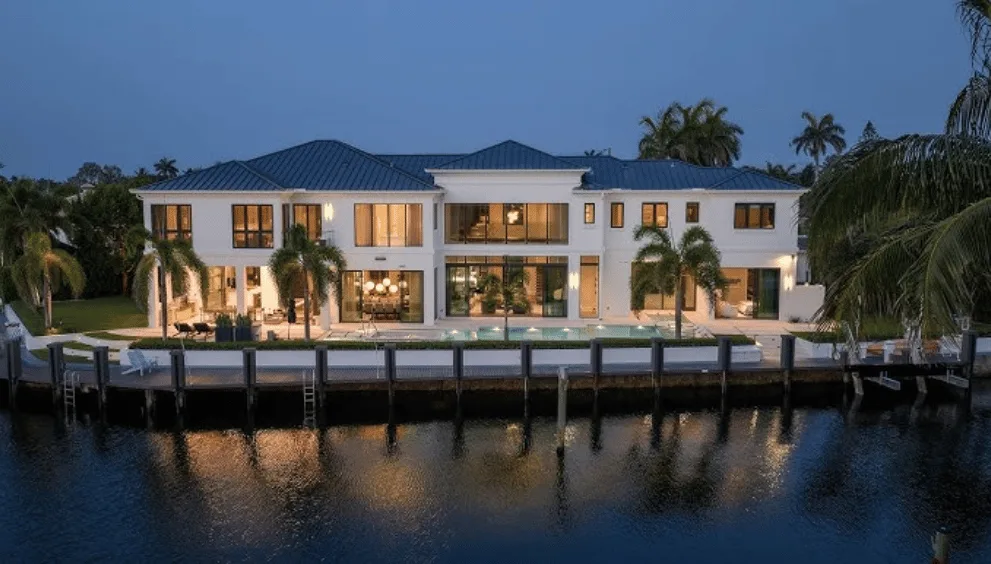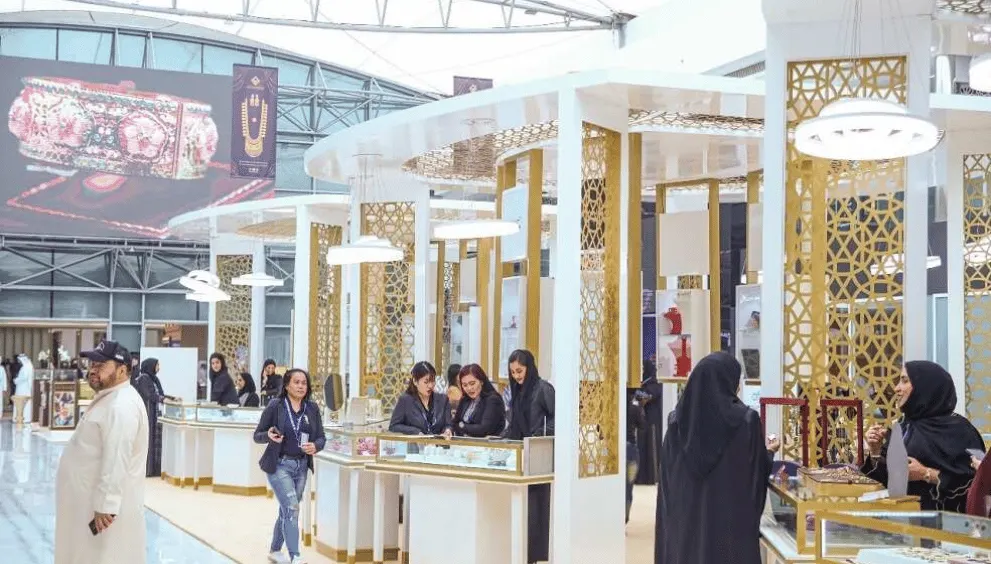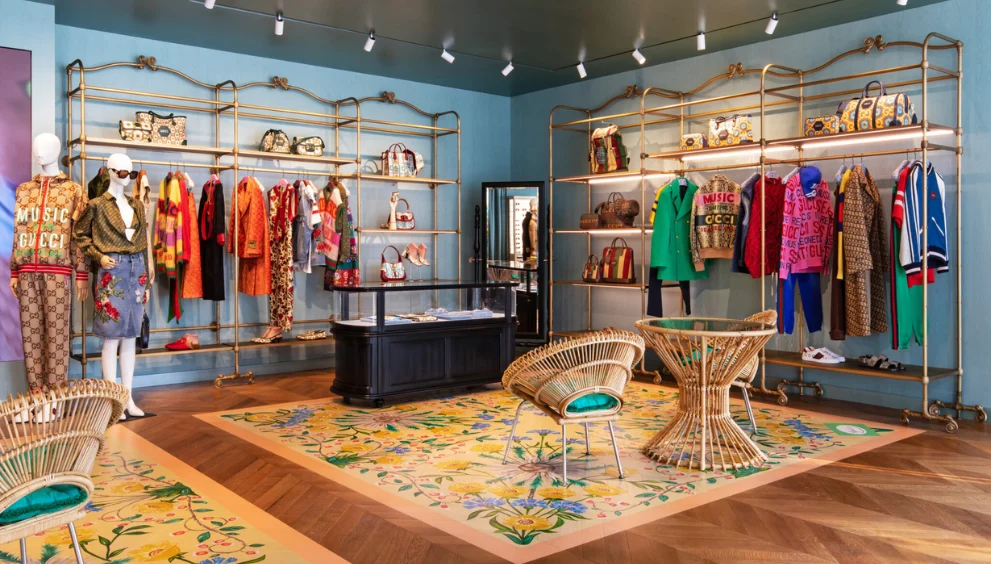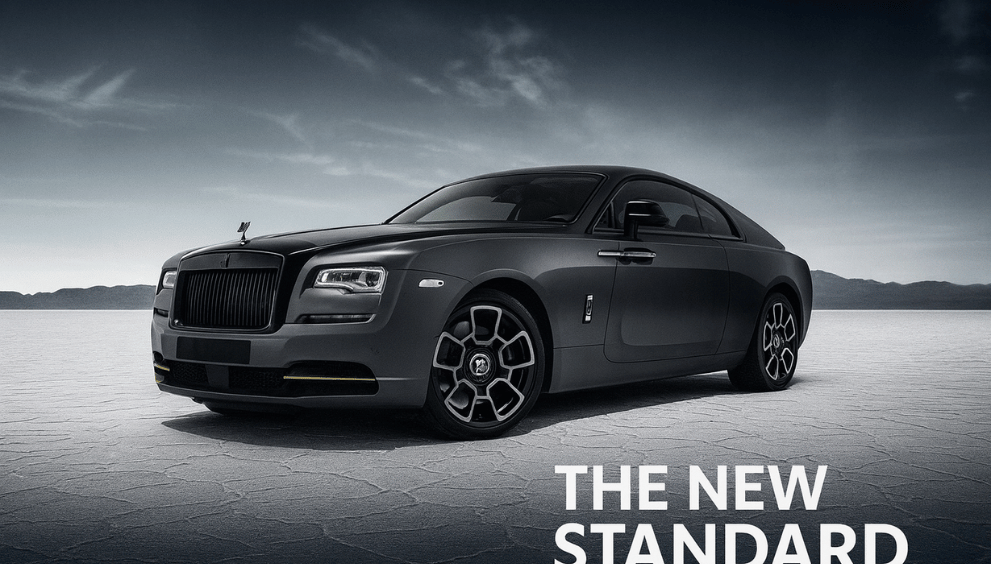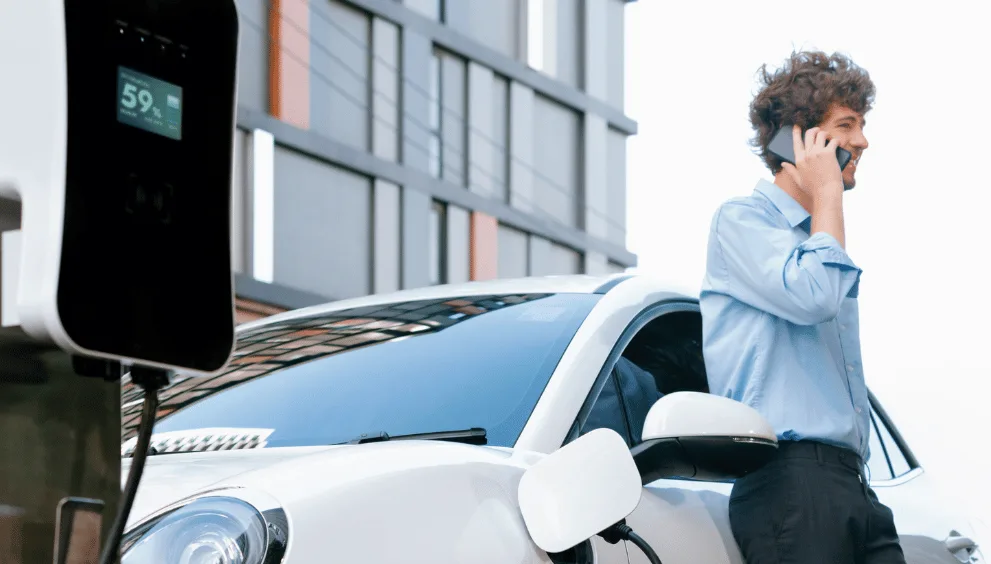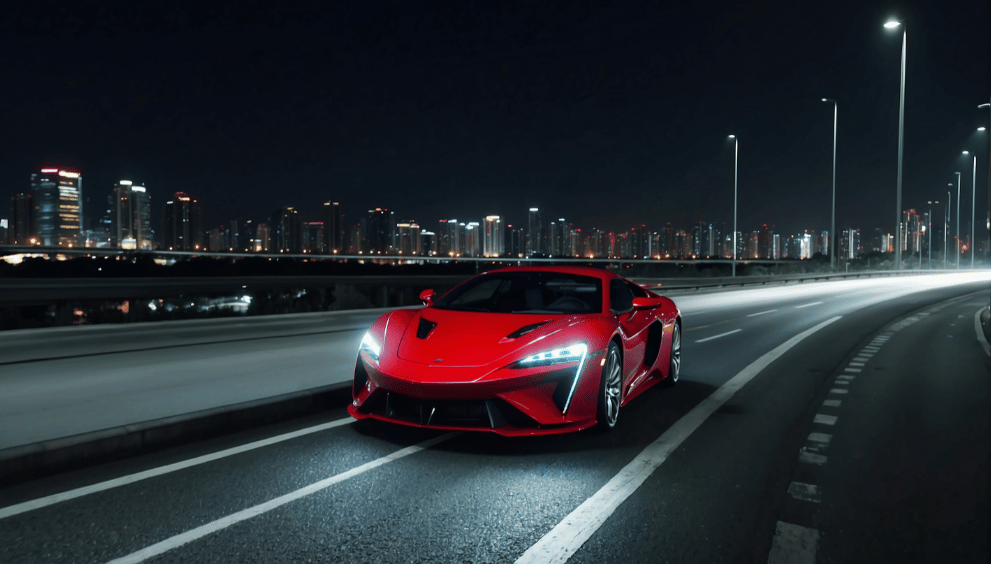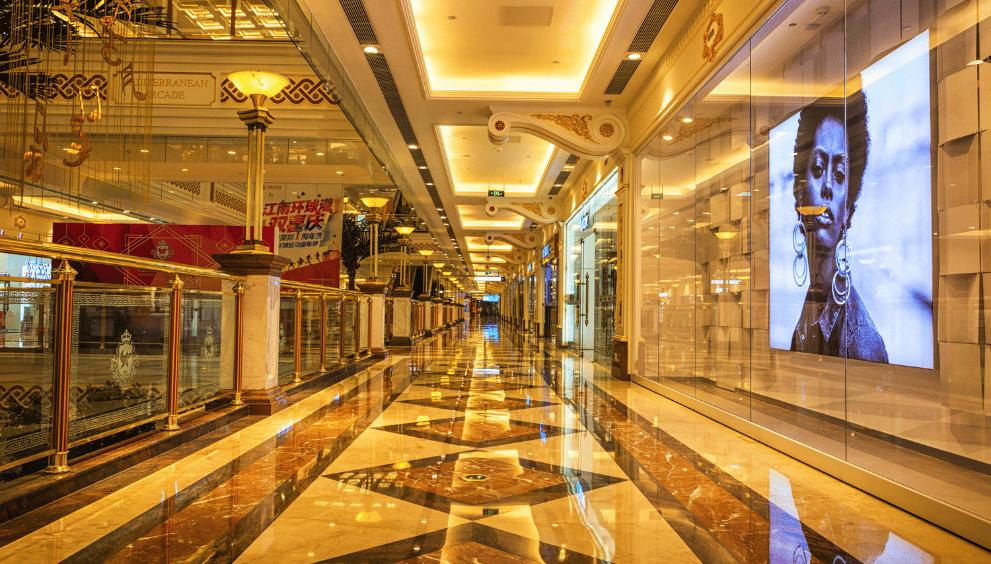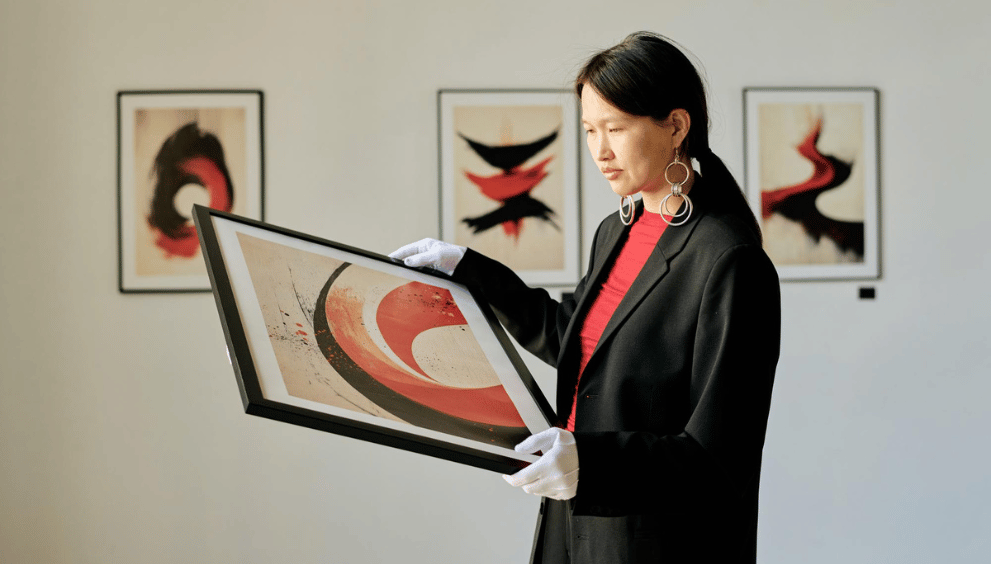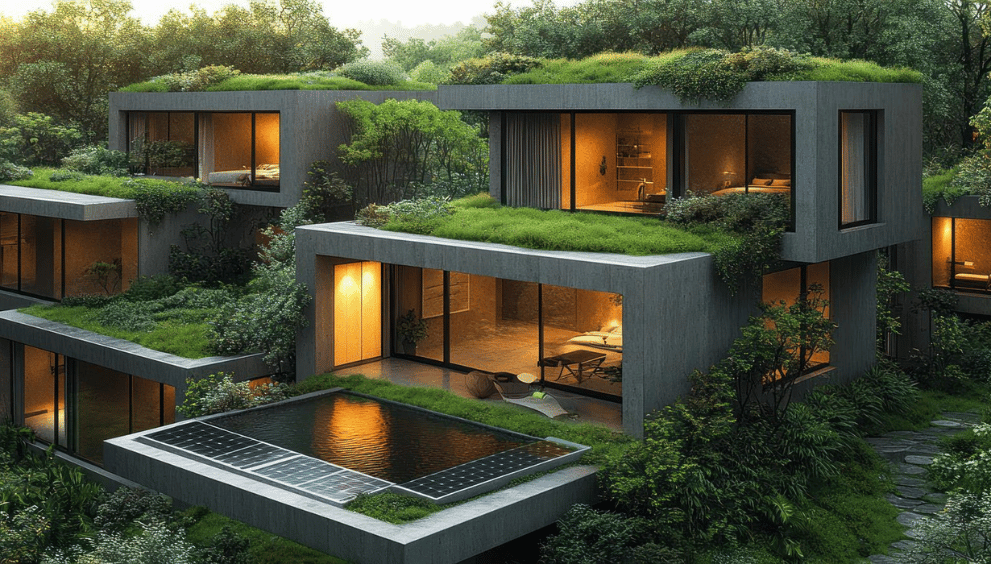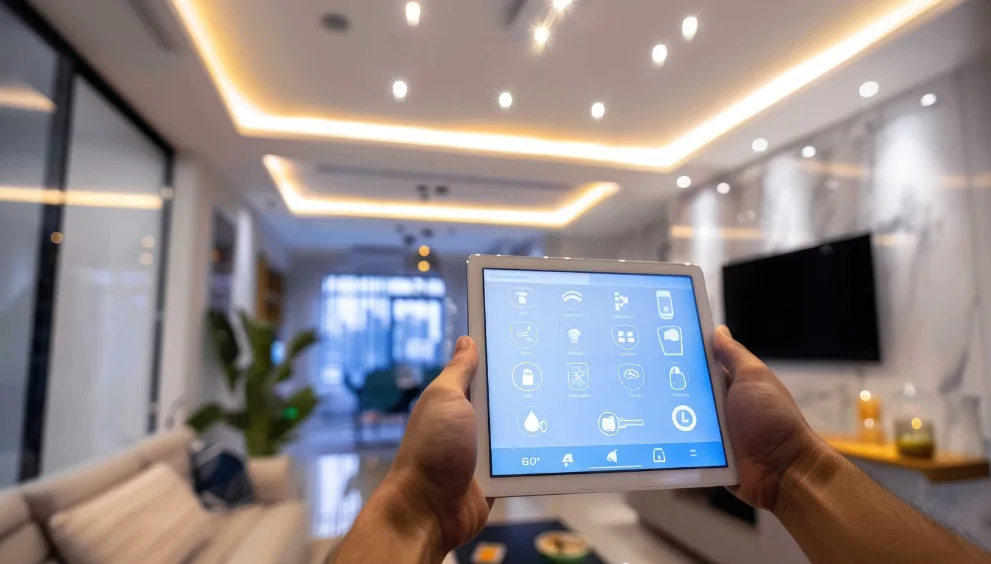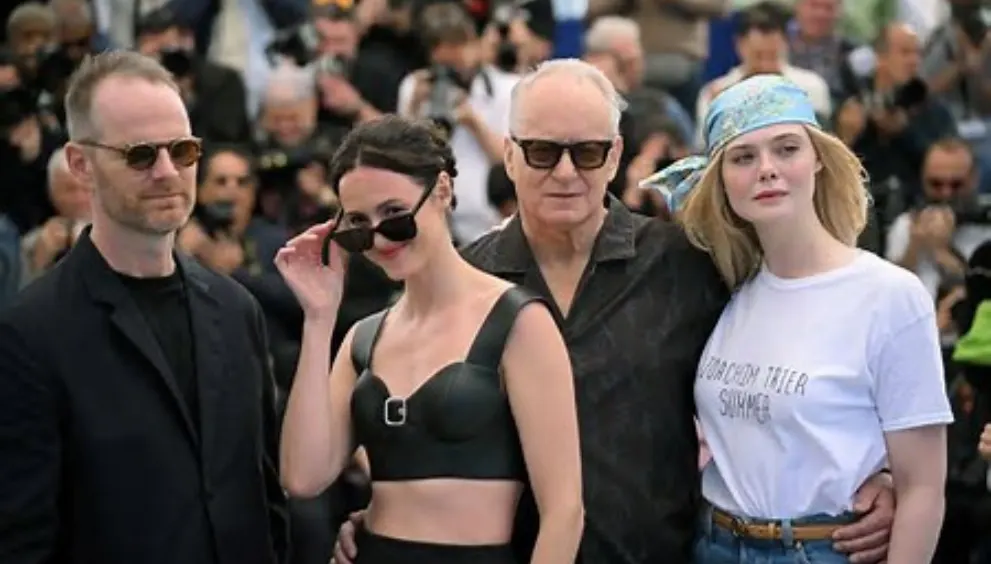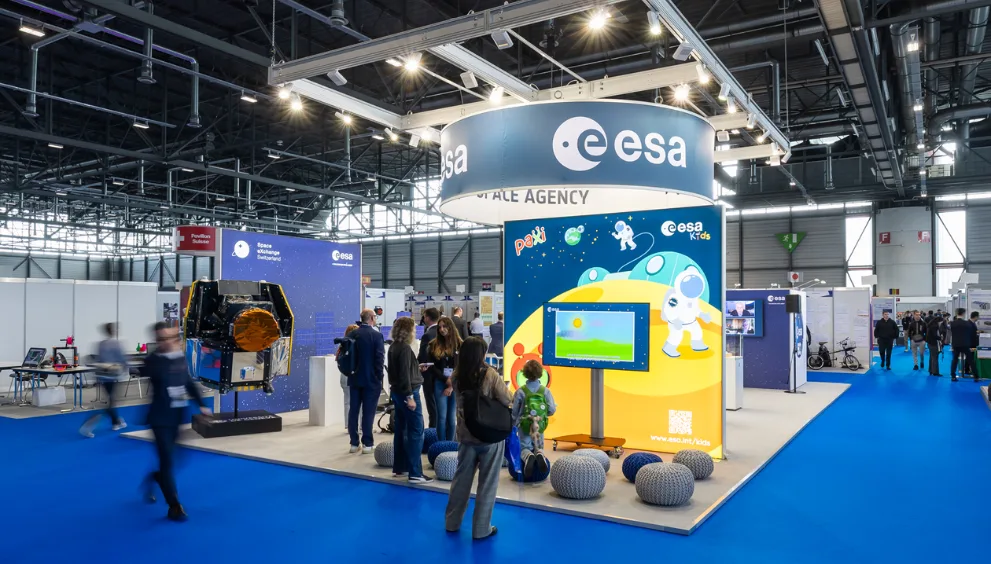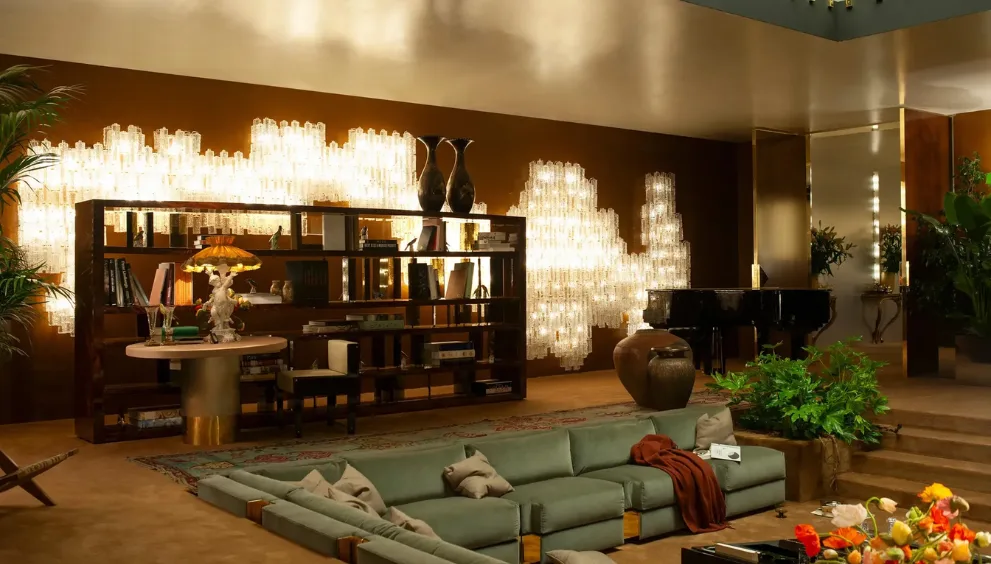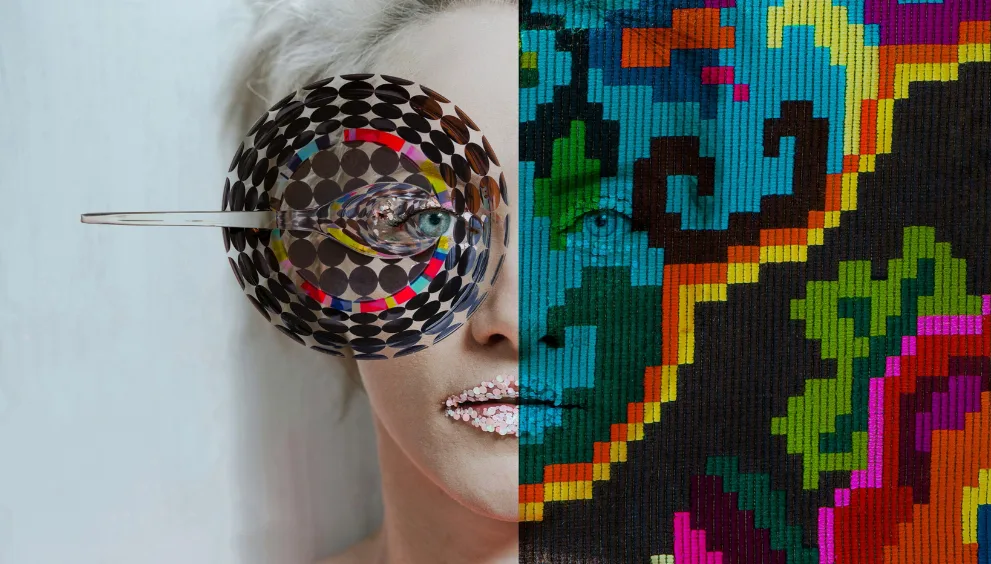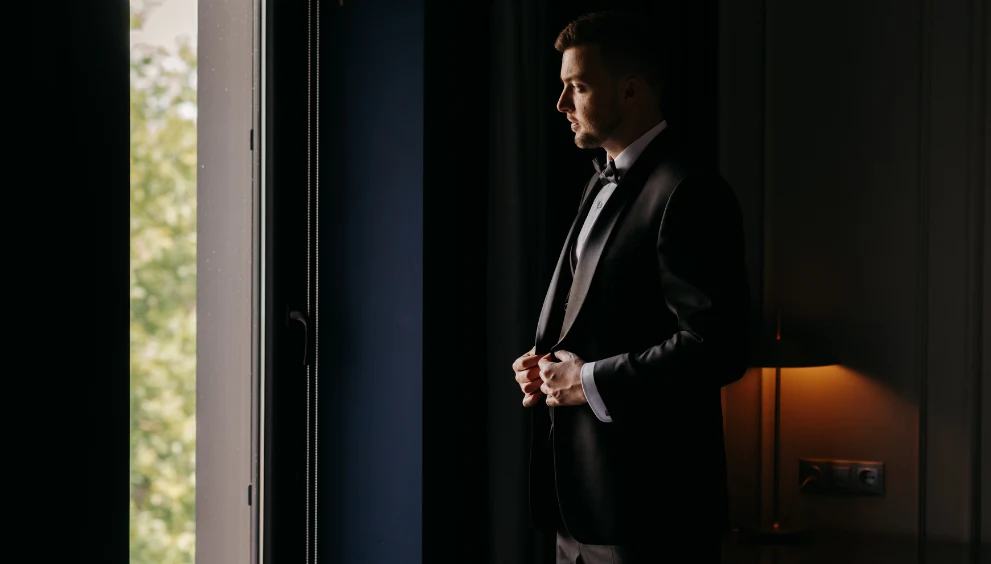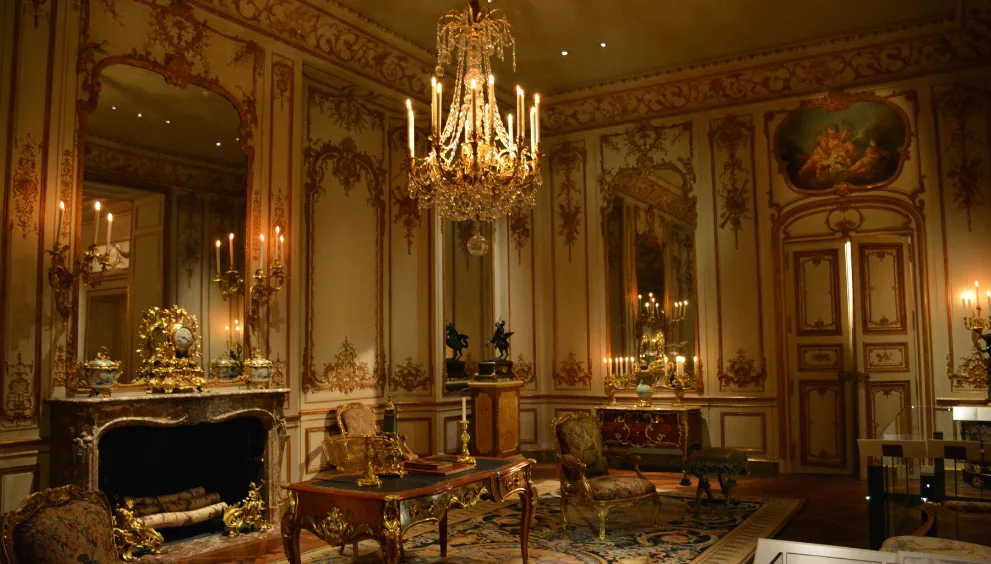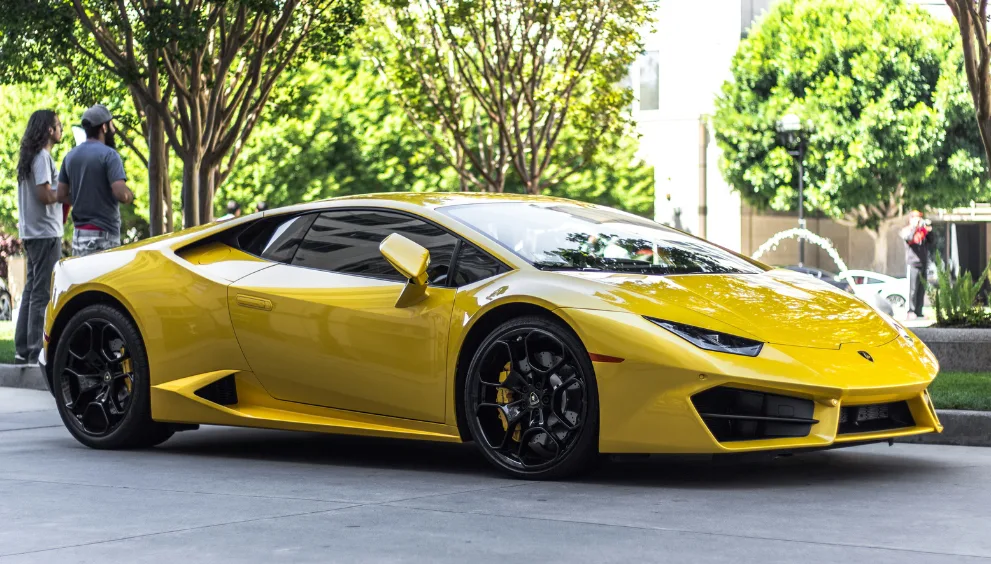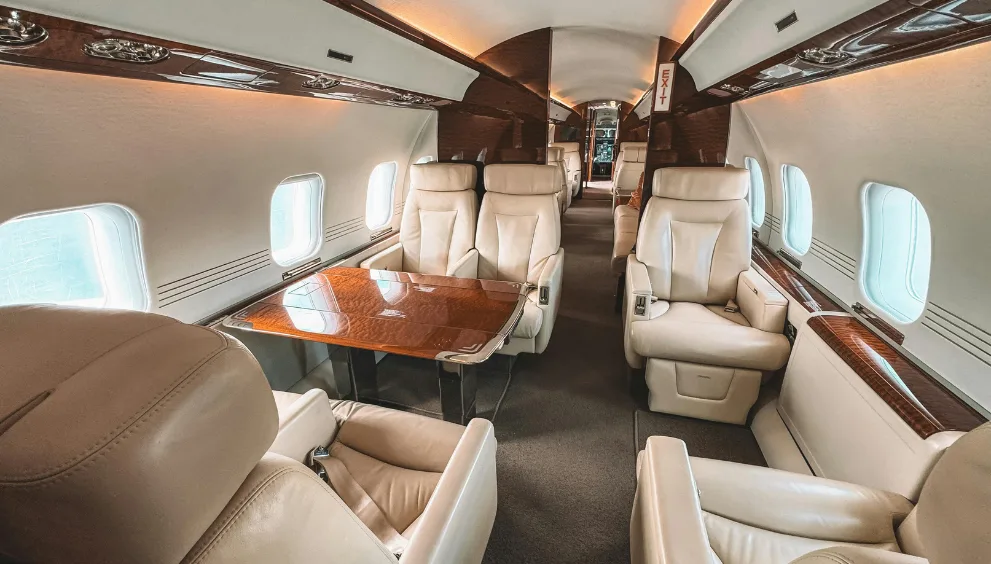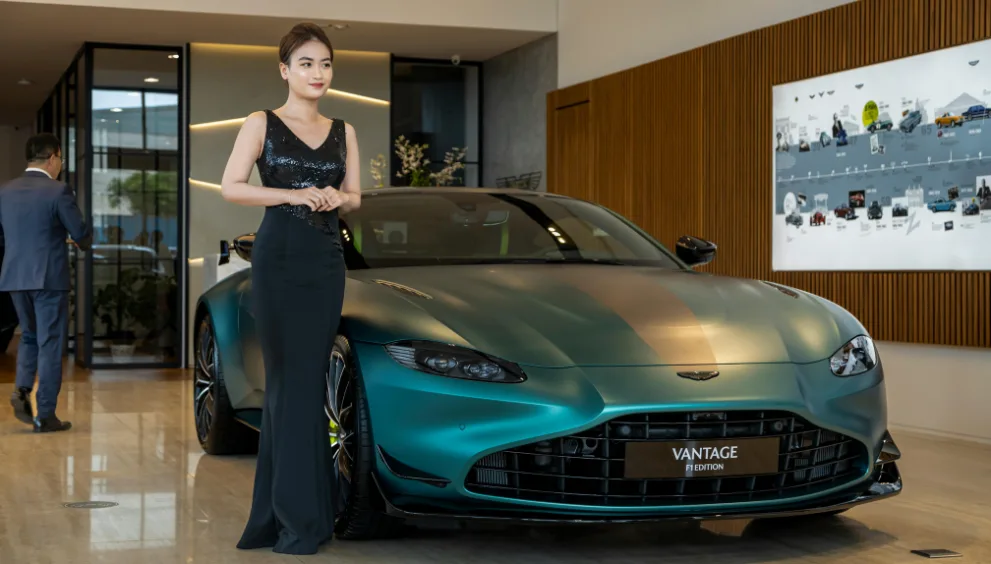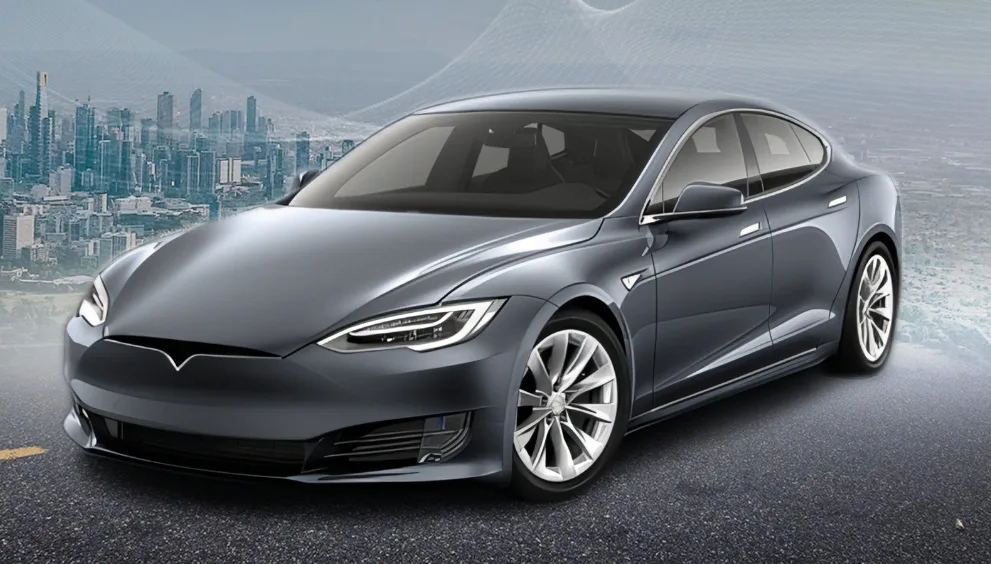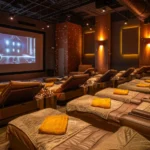How the wealthy are letting tech curate their homes

Hey there! Are you also someone like me who would just love living in their dream mansion and let technology do the job for you, with just the blink of an eye? Trust me, we have all been there. Whether it’s dimming the lights, adjusting the temperature, or playing your favourite playlist as you walk through the door-technology has made it all possible.
But for the ultra-wealthy, these aren’t just nice-to-have features. They’re curating entire lifestyles through smart home technology, and the rest of us are watching with a mix of awe, curiosity, and just a little bit of envy.
Writing about this topic, takes me back exactly to thinking of this one advertisement that I saw when I was young. Waking up in a house where the blinds rise to greet the sunrise just as your sleep tracker nudges your mattress to gently wake you. Your favourite coffee is already brewing, the water in your shower is at your ideal temperature, and a digital assistant reads you your schedule while you brush your teeth.
For most of us, this sounds like the future, and for the longest time, didn’t we all know that technology is going to be the new prospect? But for the ultra-wealthy people like Elon Musk, who reportedly uses cutting-edge systems from Lutron and Savant in his homes-it’s just their version of a slow morning.
Take Oprah Winfrey, for instance. Her $90 million estate in Montecito is said to feature advanced Crestron systems, which control everything from lighting and temperature to sound and security-all customizable, of course. And Bill Gates? His famous Xanadu 2.0 mansion uses proprietary smart home systems that allow guests to adjust the temperature and lighting of any room via a pin on their ID badge.
What makes this possible is an intricate web of sensors, devices, and artificial intelligence, all designed to tailor the living experience to each resident’s habits and preferences. Perhaps unsurprisingly, tech-savvy CEO, Mark Zuckerberg has too equipped his San Francisco home with the latest smart technologies, all of which have been custom-made for his needs.
Zuckerberg has taken home automation to the next level, having recently introduced the world to Jarvis, his personal AI butler named after the robot controlling Iron Man’s armour in the iconic blockbuster. Isn’t that extremely cool? Gosh, each of us would die being able to mildly afford something like that.
And it’s not just about convenience anymore-it’s about curating an environment that reflects personal values, routines, and even moods. Lighting that shifts with your emotions? Check. A closet that offers outfit suggestions based on your calendar and the weather? If you’ve got the budget, there’s a brand for that.
For the longest time, living in your ideal home required brains of high-end architects and interior designers. While that is still the case, we have a new companion that has taken over smoothly and made everyone’s job much easier-AI. Wealthy homeowners are turning to companies that specialize in smart home technology, not just to automate their space, but to design it around their lifestyles. Brands like Control4, Crestron, Savant, and Lutron are dominating this space.
These aren’t your off-the-shelf smart bulbs or speakers-they’re full-scale lifestyle systems. For instance, Savant’s systems are often used by high-net-worth individuals and celebrities providing seamless control of multi-property estates from a single mobile dashboard. Control4, meanwhile, offers whole-home solutions that include curated lighting scenes, high-end audio zoning, and intuitive voice commands.
The brand has seen a surge among luxury homeowners, including high-profile figures in Hollywood. Let’s not forget-part of this smart-living wave is about status. Having the latest smart home technology is becoming a new kind of wealth signal. It is the digital equivalent of owning a Ferrari or Louis Philippe. The more invisible, intuitive, and AI-driven the tech is the more expensive-and impressive-it becomes to the audience. We’re talking six-figure systems that sync everything from security cameras and door locks to mood-based lighting and AI-generated art projections.
Some homes are even equipped with artificial intelligence that can detect your mood by analysing your voice and body language-and respond with adjustments in scent, lighting, and sound. These setups aren’t just about luxury-they’re about branding. The brands you use to automate your home are starting to matter just as much as your watch or car.
It’s easy to roll our eyes at the extravagance of it all. But here’s the thing-tech trickles down. What starts out as billionaire-only gear, often finds its way into the mainstream. Ten years ago, a voice assistant or video doorbell was luxury; today, it’s in millions of homes. As the wealthy invest in smart home technology, they help scale innovations that eventually become affordable for the rest of us.
And while we may not (yet) have an AI butler or a temperature-controlled wine cellar that restocks itself, the future is knocking on the door. So next time your lights flicker on when you walk in, or your music picks up where it left off-know that you’re already part of this movement. Just maybe on version 1.0, while the billionaires are beta testing 10.0. Because when it comes to smart home technology, we’re all in the same house-some of us just have fancier buttons. With that thought, ‘Alexa, how much will it cost me to afford my dream technology-driven home?’







